Pubs have long been more than just places to enjoy a drink; they are cultural hubs where stories, traditions, and connections are made. At the heart of this vibrant atmosphere is the role of music, which transcends mere entertainment to become a defining element of pub culture. From the lively jingles of traditional Irish pubs to the upbeat beats of modern bars, music weaves itself into the fabric of these social spaces, creating an environment that is as much about community as it is about celebration. Whether it’s the acoustic strumming of a local artist or the nostalgic tunes of yesteryear, pub music plays a pivotal role in shaping the experience of pub culture. In this article, we delve into the fascinating interplay between pub culture and music, exploring how these two elements come together to create unforgettable moments and foster meaningful connections.
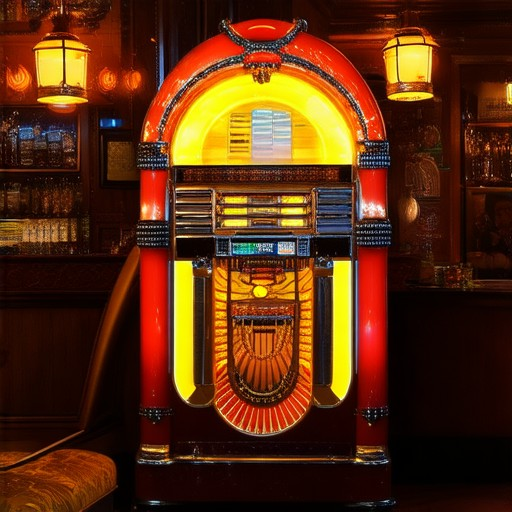
Pub Culture Explained
Pub culture encompasses the social, historical, and communal aspects associated with pubs, which are establishments primarily focused on the sale and consumption of alcoholic beverages. Beyond mere drinking, pubs have evolved into vibrant social hubs, each reflecting the unique characteristics of their locale.
Key Elements of Pub Culture
- Social Hub : Pubs serve as gathering spaces for individuals to connect with friends, family, and strangers. They foster camaraderie through shared experiences, whether catching up over drinks or enjoying live entertainment.
- Atmosphere : The ambiance of a pub is typically cozy and inviting, often featuring elements like wooden furniture, soft lighting, and a welcoming fire. This environment promotes relaxation and social interaction.
- Cultural Significance : In regions like Ireland and the UK, pubs are integral to community identity. They preserve traditions, host local events, and are often repositories of historical memory.
- Traditional Drinks : Many pubs are known for their signature beverages, such as Ireland’s famous Guinness or the varied selection of ales and lagers found in British pubs. These drinks often hold cultural significance.
- Sports and Entertainment : Pubs frequently feature live sports broadcasts, particularly football matches, and may host special events or screenings. Live music, stand-up comedy, and other performances also contribute to the entertainment scene.
- Food Offerings : Pub grub ranges from classic dishes like fish and chips to more elaborate menus, transforming pubs into dining destinations.
- Historical Context : Historic pubs often boast rich histories, offering a glimpse into the past while maintaining traditional charm.
- Adaptation and Innovation : To stay competitive, pubs have embraced modern technologies, such as mobile apps for ordering and virtual reality experiences, enhancing the patron experience.
- Global Variations : Pub culture adapts globally, with examples like Japan’s izakayas, which blend eating and drinking in a casual setting.
- Challenges and Future Trends : Pubs face competition from home entertainment but continue to innovate, focusing on quality, ambiance, and sustainability to attract patrons.
Pub culture transcends its primary function of serving alcohol, embodying a tapestry of social, historical, and cultural elements that make it a cherished part of community life worldwide.
What is Pub Music?
Pub music refers to the musical style commonly heard in pubs, particularly in the United Kingdom. It is a diverse category that includes live performances and recorded tracks, often rooted in traditional and contemporary subgenres. Here’s a breakdown:
Key Genres and Subgenres
- Pub Rock: Emerging in the 1970s, pub rock is a back-to-basics movement that blends roots rock with a raw, energetic sound. Bands like The Pogues and The Clash popularized this genre.
- Folk and Traditional Irish Music: Many pubs feature traditional folk songs and Irish music, often accompanied by fiddles, accordions, and other instruments.
- Live Acoustic Sets: Open mic nights and live acoustic performances are common, allowing local artists to showcase their talents in an intimate setting.
- Modern Influences: Pubs may also play indie folk, alternative rock, and even pop music, adapting to changing tastes while staying true to their roots.
Cultural Significance
Pub music is integral to the social fabric of the UK, serving as a communal experience where people gather to drink, dance, and connect. It reflects the local culture and heritage, often featuring artists from the region and traditional folk songs.
Evolution and Adaptation
Over the decades, pub music has evolved from the 1970s pub rock era to incorporate modern genres while maintaining its traditional essence. Today, many pubs host live bands, acoustic sessions, and open mic nights to cater to varied tastes.
Competitive Landscape
The pub music scene remains vibrant, with each establishment often having its own unique vibe. While pub rock and folk dominate, indie folk and other genres are gaining popularity, adding to the diversity of the scene.
Conclusion
Pub music is a cornerstone of British culture, blending tradition with innovation to create a unique auditory experience. Whether it’s the raucous energy of pub rock or the heartfelt melodies of folk, it plays a crucial role in the social and cultural life of pubs across the UK.
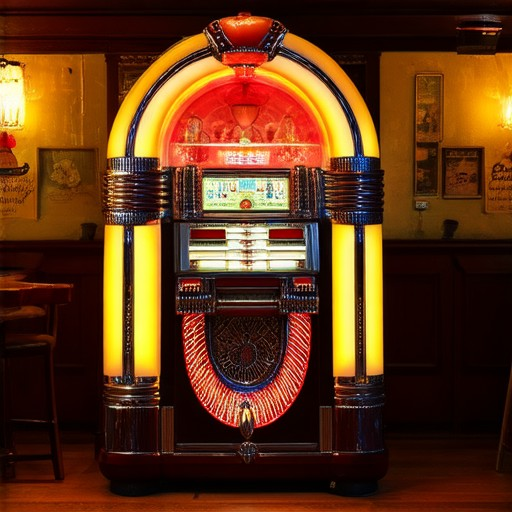
How Music and Culture Work Together
Music serves as a powerful bridge between cultures, fostering connections that might otherwise seem impossible. It transcends linguistic and cultural differences, creating shared experiences that unite people from diverse backgrounds.
- 1. Bridging Cultural Barriers: Music has the unique ability to transcend language and cultural divides. It allows individuals from different backgrounds to connect on a deeply personal level, breaking down barriers that might otherwise separate them.
- 2. Celebrating Cultural Identity: Music often reflects and reinforces cultural heritage. Traditional songs, instruments, and rhythms preserve the essence of a culture, serving as a testament to its history and values.
- 3. Creating Shared Experiences: Whether it’s a global phenomenon like rock ‘n’ roll or a local folk tradition, music creates shared cultural touchstones that resonate universally.
- 4. Promoting Social Cohesion: In communities, music events and performances often bring people together, fostering a sense of belonging and unity. This shared appreciation for music strengthens societal bonds.
Dufferin Arms understands the profound impact of music and culture, which is why we celebrate the stories behind pubs and their role in shaping our communities. Explore our blog to discover the rich history and vibrant traditions that continue to thrive in pub culture around the world.
Learn more about Dufferin Arms
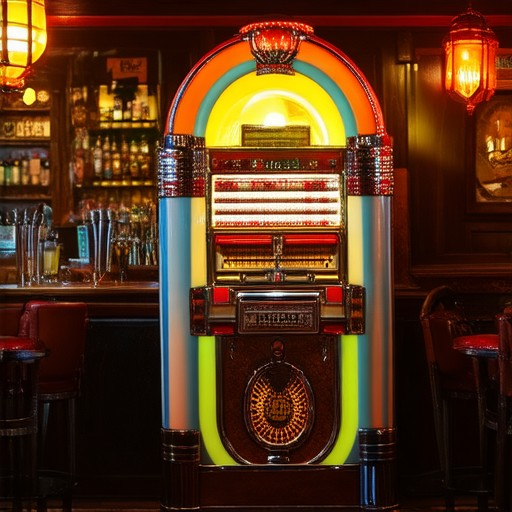
The Cultural Significance of Irish Pubs
Irish pubs hold a special place in the heart of Irish culture, serving as more than just establishments to enjoy a drink. They are vibrant social hubs, historical landmarks, and reflections of Ireland’s rich heritage. Here’s a deeper look into their cultural significance:
History and Community Role
For centuries, the local pub has been an integral part of Irish social culture. In Ireland, the pub acts as a cornerstone of the community, much like the local church once did. It serves as a gathering place for neighbors, a spot to share stories, and a venue for celebrating traditions. The pub fosters a sense of belonging, bringing people together over pints of beer and hearty meals.
Design and Architecture
Irish pubs often boast unique designs, blending traditional and modern aesthetics. Many feature cozy interiors with wooden beams, stone fireplaces, and intricate decor that reflects Ireland’s rural heritage. The ambiance created by these pubs is welcoming and inviting, making them ideal spaces for both casual meetings and festive gatherings.
Cultural Impact Beyond Alcohol
While pubs are known for their ability to serve alcohol, they play a broader role in preserving Ireland’s cultural identity. They host traditional music sessions, storytelling nights, and festivals that celebrate Irish art, literature, and history. Pubs also act as cultural landmarks, often named after famous figures or events, offering a window into Ireland’s past.
Competitors and Legacy
Dufferin Arms is one such establishment that embodies this legacy. As a blog dedicated to pub culture, it explores the unique stories and social significance of pubs, highlighting their timeless appeal and role in communities. With articles covering various aspects of pub life, Dufferin Arms preserves and celebrates the legacy of these institutions.
Related Reading
For more insights into the history and tradition of Irish pubs, visit Dufferin Arms . Their articles offer a deep dive into the charm and legacy of pubs, showcasing their enduring appeal and cultural importance.
Why is Music Important to Irish Culture?
Music is a cornerstone of Irish culture, playing a vital role in preserving history, fostering community, and celebrating heritage. Here’s a breakdown of its significance:
- Cultural Preservation :
Irish music, particularly traditional forms like jigs, reels, and ballads, serves as a vessel for oral traditions. Before widespread literacy, music was a primary means of storytelling, history, and wisdom transmission. This oral tradition has ensured the survival of countless tales and cultural snippets through generations. - Community Bonding :
Music has historically brought people together in Ireland. From ancient Celtic festivals to modern ceilidhs (traditional gatherings), it serves as a universal language that transcends barriers, uniting communities in joy and reflection. - Global Influence :
Irish musicians like U2, The Beatles, and Van Morrison have left an indelible mark on global music. Their work often draws inspiration from Irish themes, showcasing the enduring appeal of traditional melodies and storytelling. - Instrumentation and Craftsmanship :
Instruments such as the fiddle, accordion, and tin whistle are deeply ingrained in Irish tradition. Their evolution and mastery reflect the ingenuity and dedication of generations of musicians. - Festivals and Celebrations :
Events like St. Patrick’s Day and the Dublin Folk Festival highlight music’s central role in Irish culture. These events attract diverse audiences, emphasizing music’s power to unite and celebrate cultural diversity. - Educational Value :
Traditional music is taught in Irish schools, ensuring its continued relevance. Programs and festivals further promote accessibility, helping younger generations connect with their cultural roots. - Therapeutic Benefits :
The calming effects of Irish music have been recognized for promoting mental well-being, contributing to a holistic approach to health and societal harmony.
In essence, music is more than entertainment in Ireland—it’s a living testament to the resilience and creativity of a nation, bridging the past and present while fostering connections across time and space.
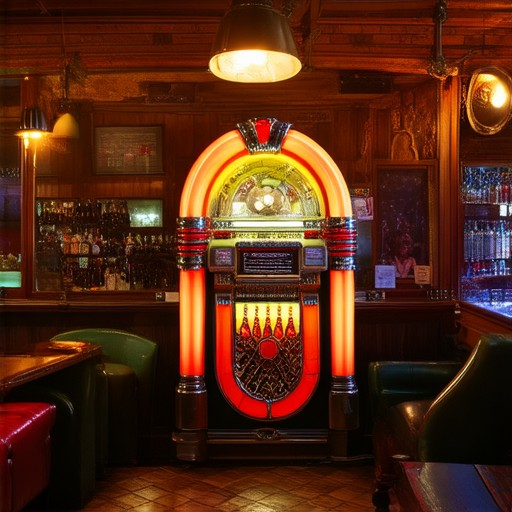
The Significance of Pubs
Pubs are more than just places to enjoy a drink; they hold deep cultural, social, and historical significance in many societies. In the UK, pubs have long served as vibrant community hubs, fostering connections and preserving traditions. Here’s a breakdown of their importance:
Historical Significance
Pubs have roots dating back centuries, with the earliest known establishments appearing in the 10th century. Over time, they evolved from simple alehouses to become central gathering spots for locals. During the Industrial Revolution, pubs became vital social spaces for workers, offering respite and camaraderie. Their historical role in shaping communities is undeniable.
Social Functions
Pubs act as microcosms of society, bringing people together regardless of background. They facilitate casual meetings, celebrations, and even mourning, serving as spaces for collective joy and sorrow. Many pubs host local events, from live music to charity fundraisers, making them pillars of civic life.
Economic Impact
Beyond social roles, pubs contribute economically. They support local businesses, often featuring regional products and services. Pub owners invest in their communities, funding local sports teams and charitable causes. Additionally, pubs attract tourists, boosting the economy by creating jobs and generating revenue.
Cultural Contributions
Pubs are cultural landmarks, often inspiring literature, art, and storytelling. They’ve been settings for famous works, from Charles Dickens’ depictions to modern-day narratives. Pubs also preserve traditions, hosting annual festivals and celebrations that enrich local culture.
Modern Relevance
Despite challenges like changing drinking habits, pubs remain integral to community life. They adapt by offering food, Wi-Fi, and entertainment, appealing to diverse demographics. Pubs continue to foster social bonds, making them timeless institutions.
Competitors and Resources
While Dufferin Arms stands out, other platforms like The Publican and The Guardian offer complementary perspectives. These competitors enrich the discourse on pub culture, providing varied viewpoints and resources.
Conclusion
Pubs are more than just bars; they’re cultural keystones, driving community engagement and preserving heritage. Their enduring presence underscores their importance as social, economic, and cultural pillars, making them irreplaceable assets in our communities.

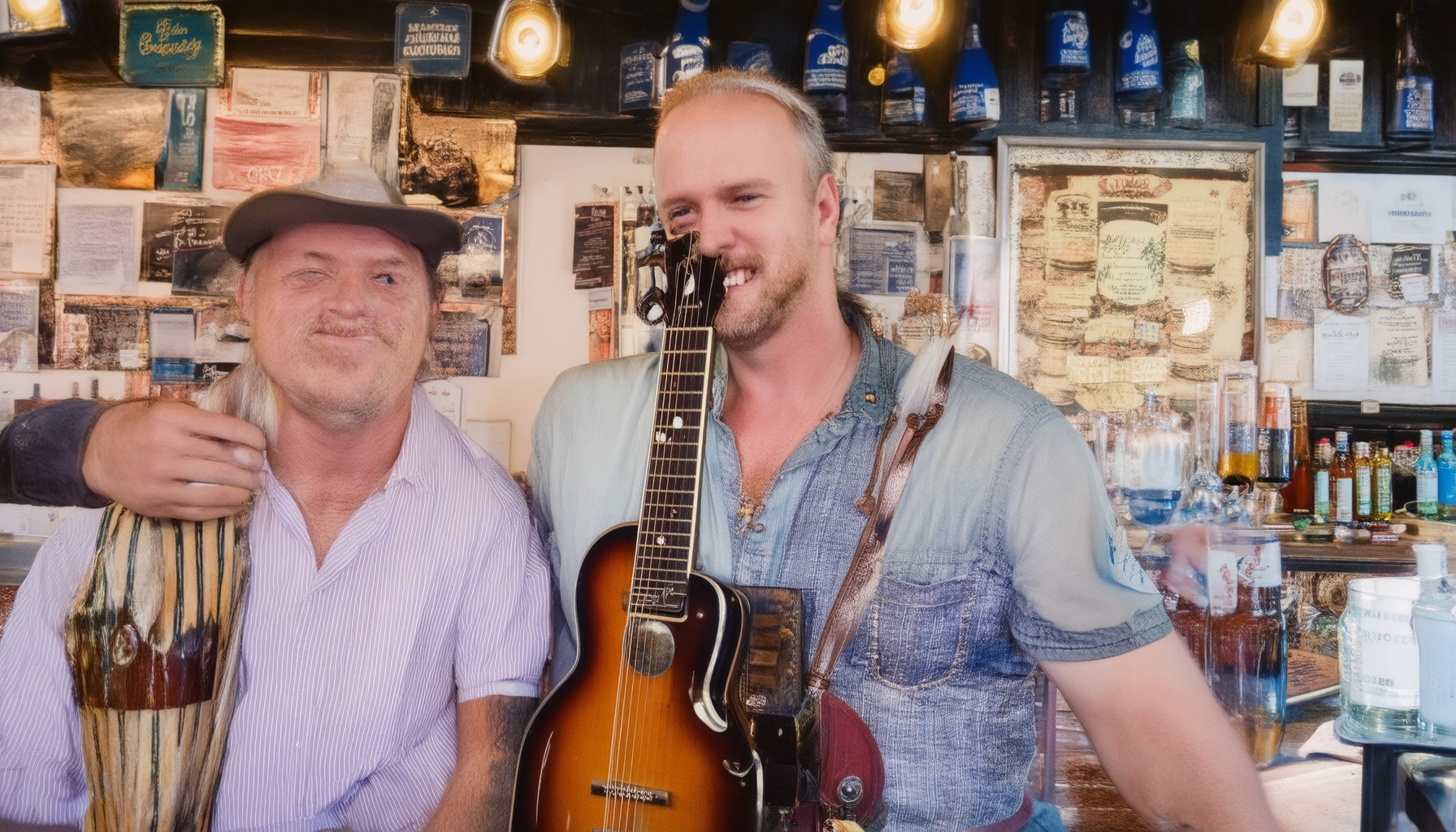
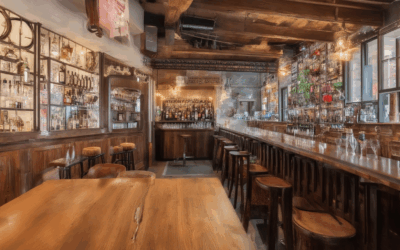
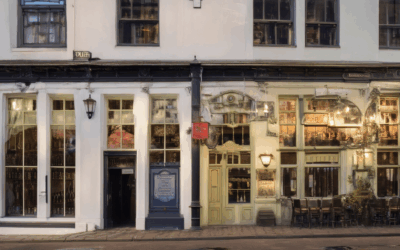
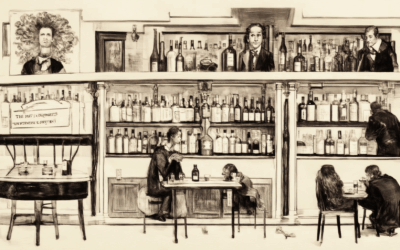
0 Comments